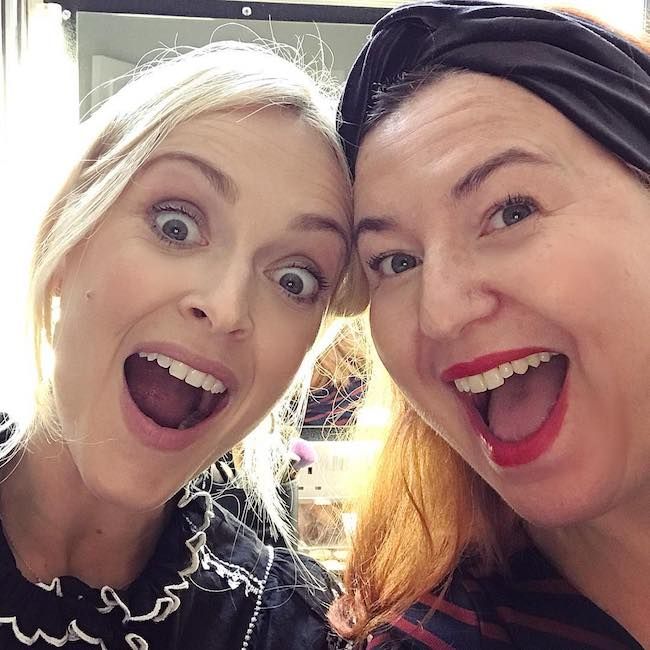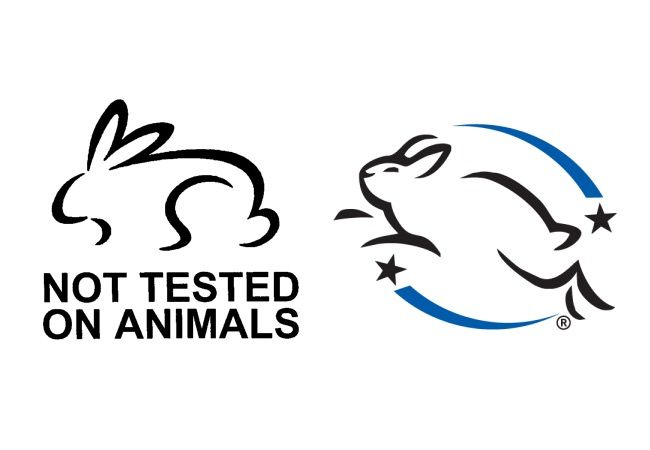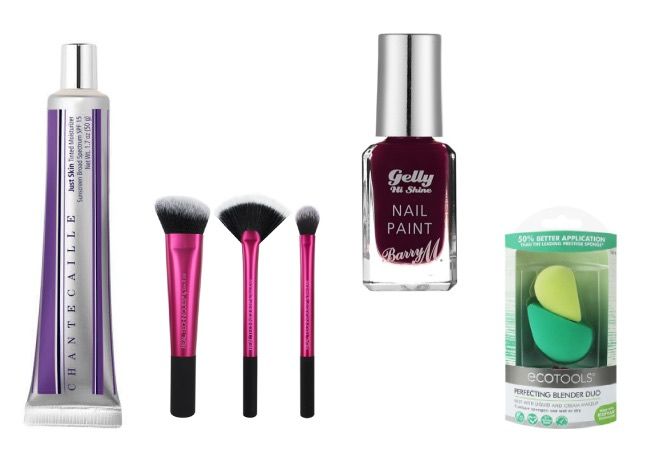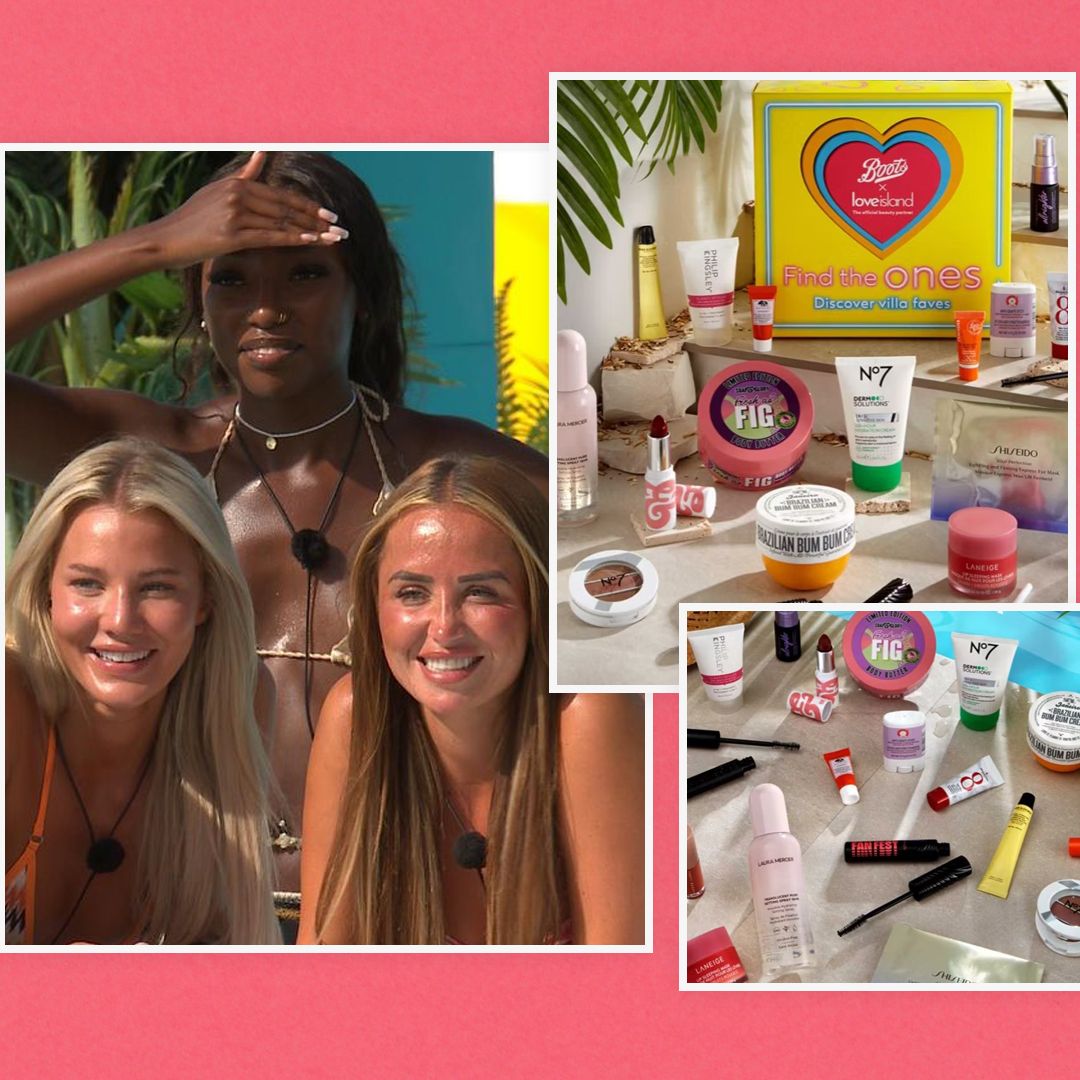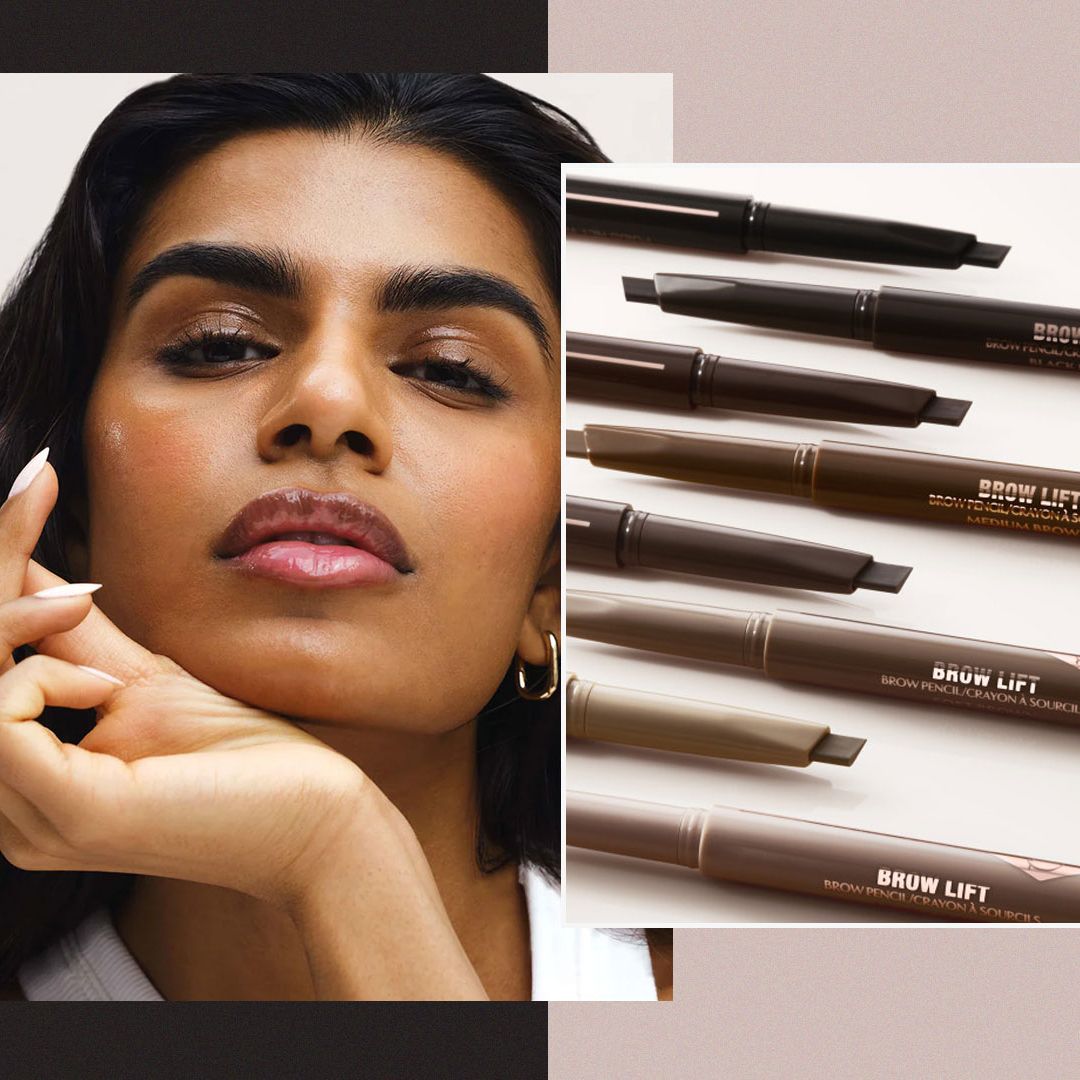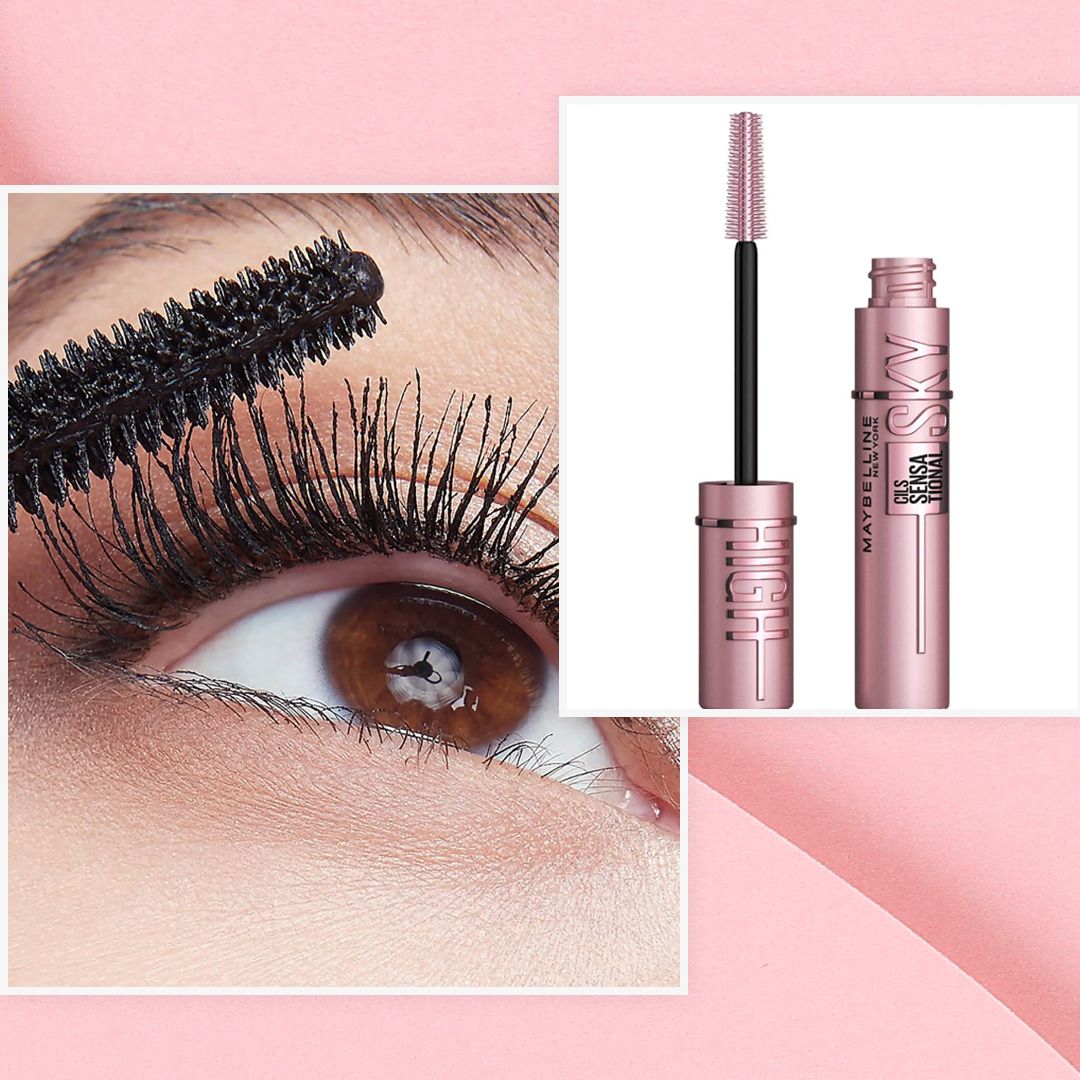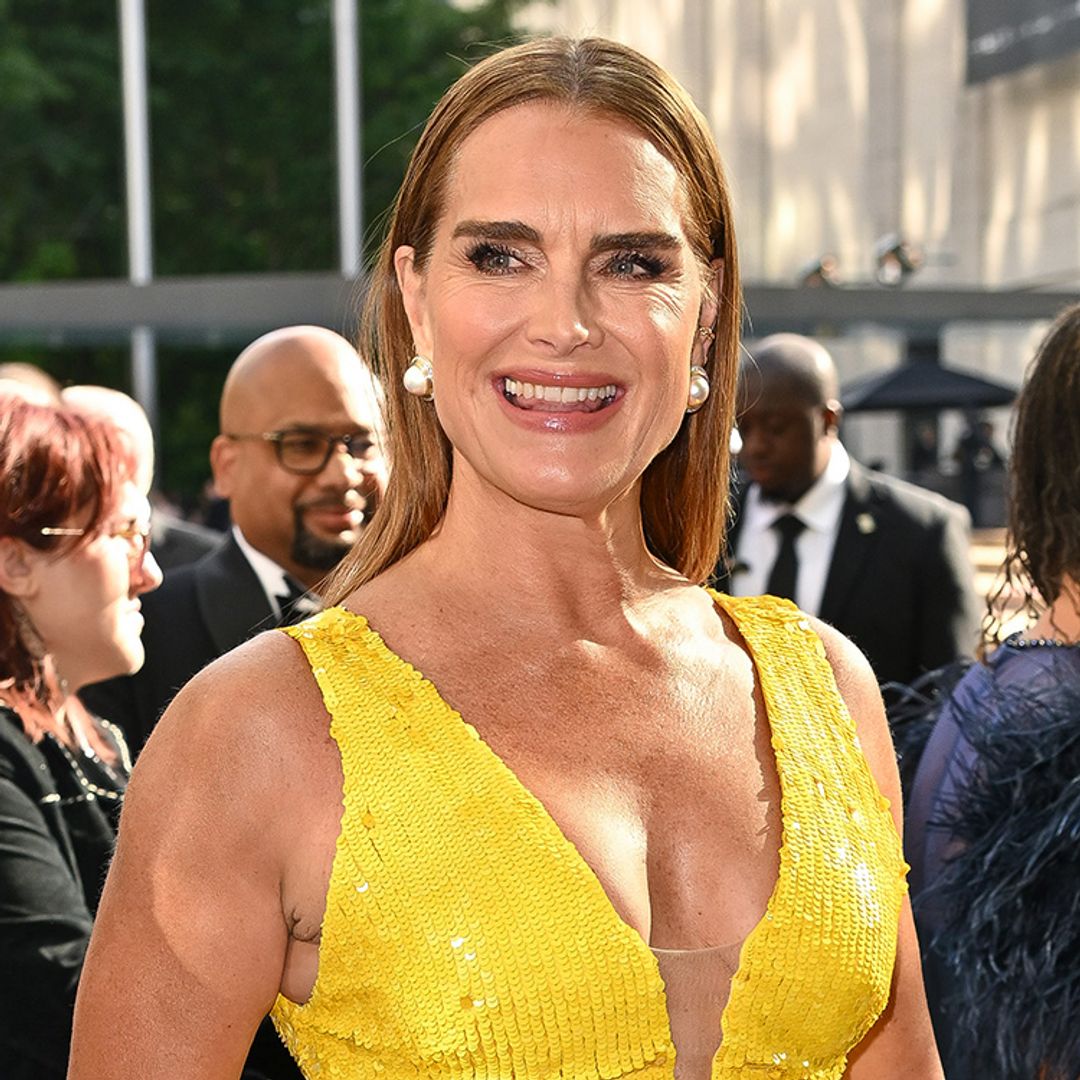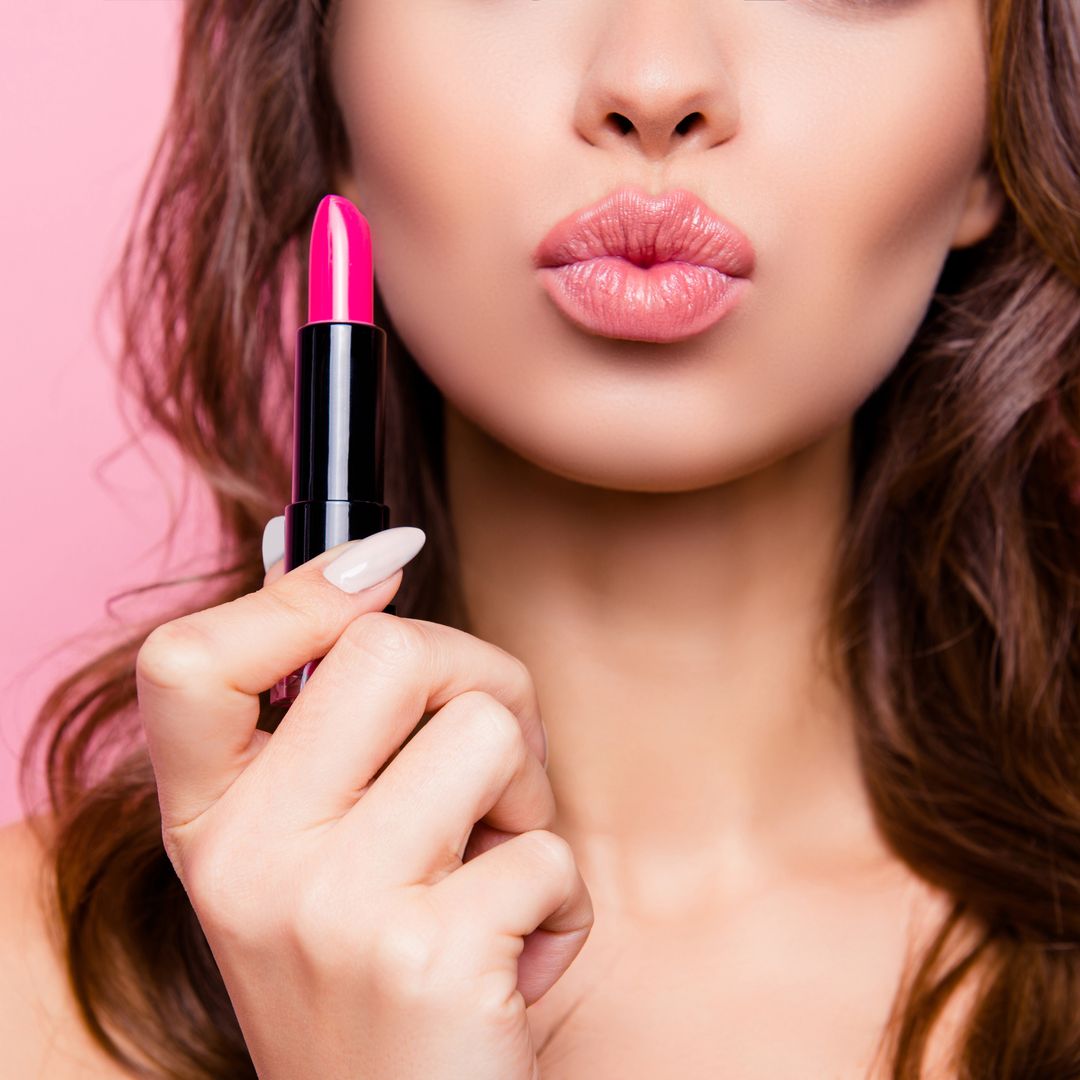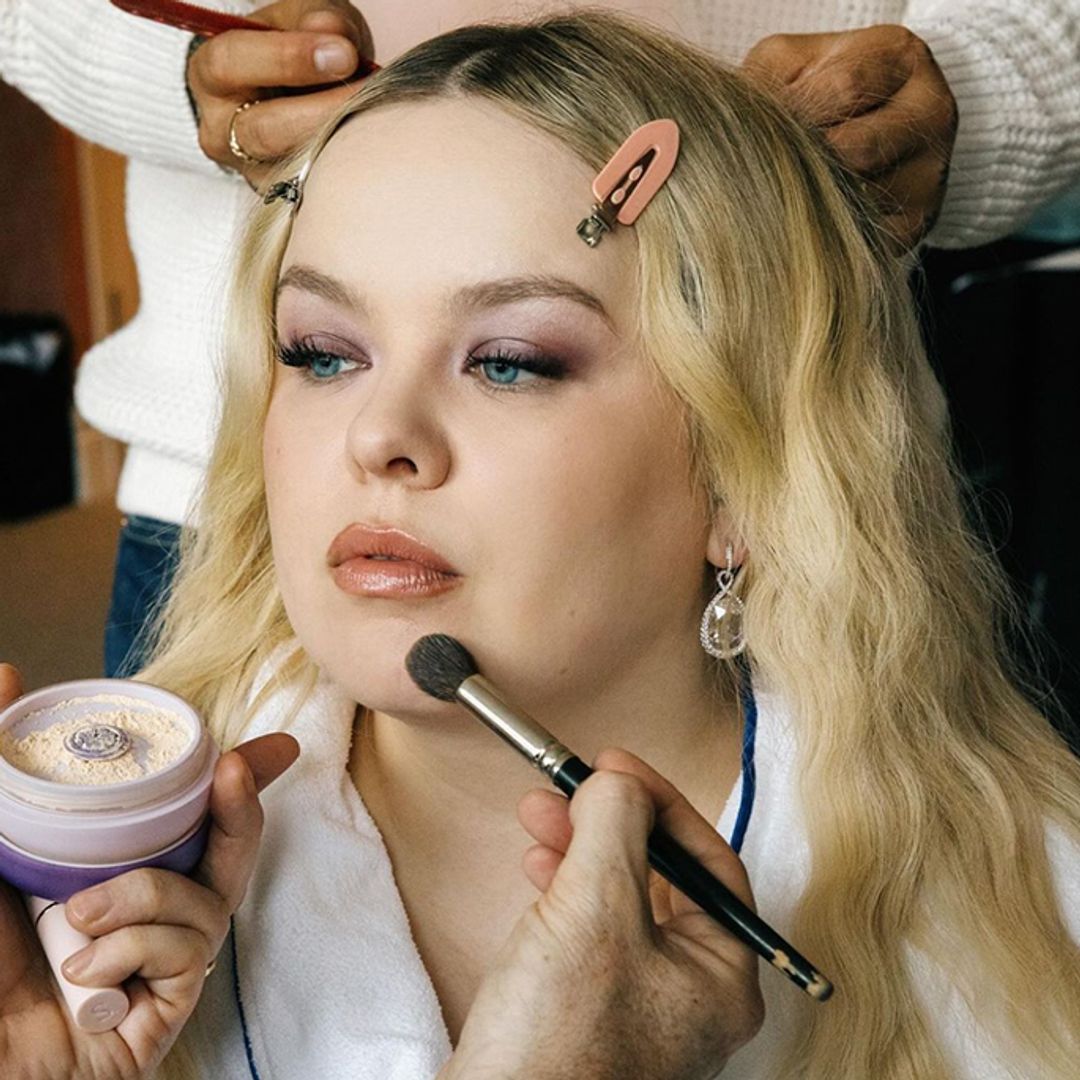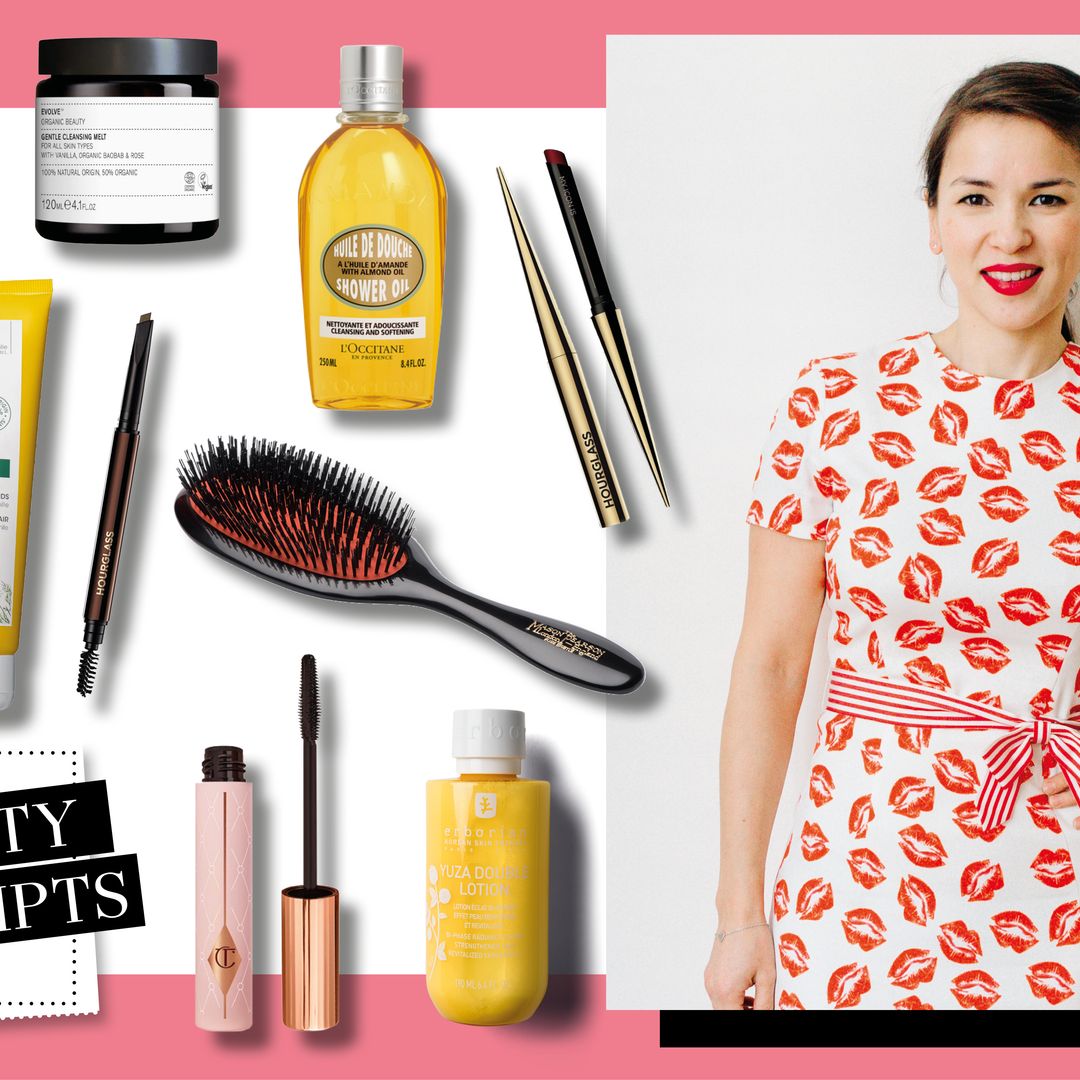Most beauty lovers will be aware of the growing buzz around humane cosmetics, as more and more shoppers become aware of the animal-testing practices behind some of the industry's biggest brands. While the popularity of meat-free living and veganism continues to grow, attention has turned to the products we use too - on Instagram, the hashtag '#crueltyfree' has over seven million posts to its name.
Social media and influencers aside, industry experts are now also acknowledging the power of the ethical beauty movement. For years, finding concrete statistics on the growth of cruelty-free cosmetics was a challenge in itself, but a recent report by forecasters Market Research Future states that the market is set to continue growing over the next five years - fuelled by the growth of animal welfare acts and an increasing vegan population.
Makeup artist Justine Jenkins uses only cruelty-free products on her celebrity clients
"Natural, cruelty-free, ethical and sustainable beauty will continue its meteoric rise in popularity in 2018," says makeup artist Justine Jenkins, whose celebrity clients include Fearne Cotton and Suranne Jones. "Consumers are becoming more conscious of not only the food on their plates, but also the contents of their makeup bag, and they want to know they are putting the purest ingredients on their skin, and using packaging that isn't destroying the planet. I’ve been a champion of the cruelty-free movement for years, and all of the products I use are always 100 per cent cruelty-free."
What does 'cruelty-free' mean?
So what defines a cruelty-free product? Most ethical beauty consumers agree that a brand can only be described as 'cruelty-free' if it has not been tested on animals whatsoever - that includes separate ingredients, the product as a whole and obligatory testing in other countries. Vegan products include absolutely no animal ingredients at all - common animal components include gelatine, beeswax and carmine (a red pigment that is extracted from cochineal beetles, often found in lipsticks and blushes).
It's worth noting that the beauty industry has been through a long history of animal testing, and at some point, most common cosmetic ingredients have been subject to animal experiments at some point over the last century. Throughout the late nineties and noughties, there was a growing backlash against the process - various countries began banning cosmetic animal testing, and alternative methods were developed.
READ MORE: the best vegan beauty products
Labelling
If you're thinking of going cruelty-free with your makeup stash, be careful to do your own research. Just because a product is labelled 'not tested on animals' doesn't mean there aren't loopholes - so to start with, look out for official logos with genuine affiliated organisations.
Cruelty Free International's Leaping Bunny symbol and the Choose Cruelty-Free rabbit badge are both signifiers of products that have been through specific ethical checks. These approvals do come at a cost though, so not all of the smaller cruelty-free brands have them - but it's an easy place to start.
Selling in China
Here's where it gets complicated. Because cosmetic animal testing is actually banned in the EU, any product bought in the UK is technically cruelty-free by definition - but in China, brands are required to submit their products for animal testing in order to sell there. Many of the big global brands lose their animal-friendly status at this point, prompting ethical consumers to choose smaller, independent brands (or those that decide to avoid the Chinese market).
READ MORE: the best plant-based restaurants to try
Parent companies
Another sticking point - and a topic of much divide - for beauty shoppers is the issue of parent companies and where that leaves a brand's cruelty-free status. Is a cruelty-free brand that is owned by a big company (that does test on animals) still cruelty-free? Some choose to boycott these conglomerate-owned lines, while others decide that the brand's decision to remain cruelty-free despite its ownership is worth supporting.
Must-try brands
The expanding cruelty-free market means that there's something for everyone when it comes to beauty with a conscience. Try Ecotools or Real Techniques for synthetic, animal hair-free makeup brushes, Barry M for bunny-friendly makeup on a budget, or ultra-luxurious range Chantecaille for an indulgent foray into big-hearted beauty.

